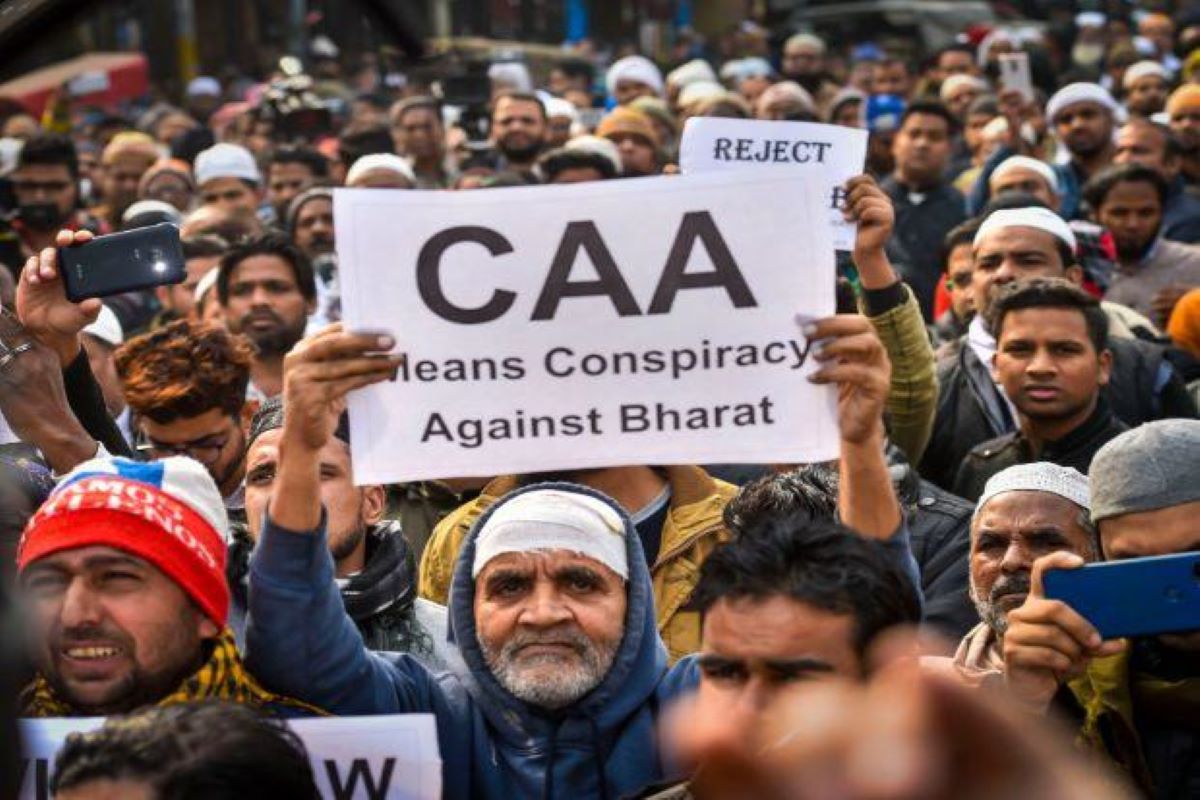As the Citizenship Amendment Act (CAA) takes centre stage in the country’s political arena, the nuances of its implementation resonate deeply within the diverse fabric of our nation. Framed by the NDA government, the CAA seeks to grant Indian nationality to specific religious groups who are minorities facing persecution in neighbouring Bangladesh, Pakistan and Afghanistan. However, its implications, particularly concerning the country’s largest minority community, have stirred a complex tapestry of emotions, emphasising the delicate equilibrium needed to address issues of citizenship, religion, and political dynamics.
The roots of the CAA trace back to 2019, a year marked by protests and sectarian violence that erupted following its initial enactment. The delay in implementation, attributed to the unrest and the global Covid-19 pandemic, has now given way to renewed tensions and demonstrations. The government’s spokesperson emphasises that the law aims to provide refuge to persecuted minorities in the three neighbouring countries, dismissing concerns as misconceptions. Yet, the fears expressed by rights activists and India’s largest minority group persist, especially in light of a proposed national register of citizens. This register, the sizeable minority group fears, could disproportionately affect them.
Advertisement
The timing of the law’s implementation, just before the Lok Sabha election, adds another layer to the unfolding narrative. Critics, including the main opposition Congress party, argue that the announcement is strategically motivated to influence the upcoming elections. The regional dynamics in states like West Bengal and Assam, home to segments of the country’s largest religious minority population, further amplify concerns of potential polarisation and communal tensions, emphasising the need for a nuanced approach to citizenship laws. Protests have already erupted in Assam and Tamil Nadu, with opposition parties calling for strikes and demonstrations.
The diversity in responses from various regions, such as the candlelight march in Chennai and the call for protests in Kerala by the ruling Left Democratic Front there, highlights the multifaceted nature of India’s sociopolitical landscape. Kerala chief minister Pinarayi Vijayan’s statement condemning the law as “communal and divisive” underscores the need for unity in opposing what is perceived as a threat to the fundamental principles of the Constitution. As India grapples with the implementation of the CAA, it stands at a crossroads where decisions not only impact the present but also shape the nation’s future trajectory.
The government’s assertion that the law is intended to grant citizenship, not revoke it, demands scrutiny and transparent processes to allay the fears of the minority community. In a country known for its rich diversity, the need for preserving the ethos of secularism and inclusivity is paramount. The ongoing debate surrounding the citizenship law reflects the nation’s complex identity and the challenges inherent in balancing religious freedoms, minority rights, and political considerations. As we delve into this discussion, it underscores the importance of fostering dialogue, understanding, and a collective commitment to upholding the principles that define the very essence of India.











